I've been contemplating photography for a while now and decided to break down and get into it. I just bought a Canon Rebel T2 with 2 lenses. One is a 28-80 and the other is a 70-300. Debated between the T2 and an Elan 7N, but decided to go with the cheaper body until I'm sure that I'm gonna stick with it. Got some filters too....nothing special. I've been doin lots and lots of reading trying to get my things together, but damn does it get confusing. Guess my best bet is to start shooting whenever the camera shows up. I'm really interested in doing landscape/wooded/stream pictures, sunset/dusk pics and old barns/farm architectures. Would love to do the barns in B&W. Where should my head be when I'm thinking about doing any of these shots? (Obviously behind the camera) Guess I'm really just looking for advice from those who have done it before. I've spent a lot of time rooting around the forum already and have found a lot of great stuff. Look for my pics in the bloopers! Whats teh best way to digitize prints? I hate scanners, but if thats the best way, I guess I'll get one. At any rate....thanks for any input....
Josh
Josh


![[No title]](/data/xfmg/thumbnail/40/40356-883c642c8d24d2709b359f9c8b196fcf.jpg?1619739437)
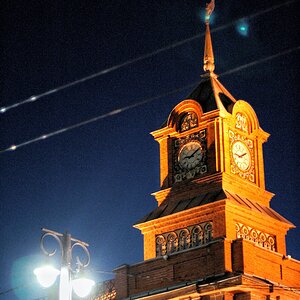
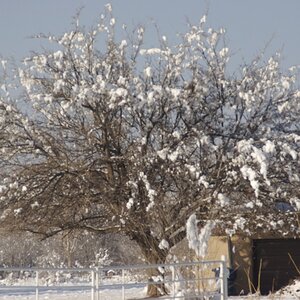
![[No title]](/data/xfmg/thumbnail/32/32926-ec27ecead8c80d803404500d8f888dbf.jpg?1619735754)
![[No title]](/data/xfmg/thumbnail/33/33357-bd174890e33fb2a7f7338b9278e6dad2.jpg?1619735920)

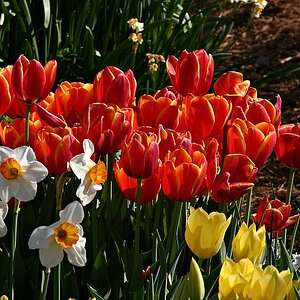
![[No title]](/data/xfmg/thumbnail/33/33358-426ca644c08fb31a8cc23232f17de8dd.jpg?1619735922)
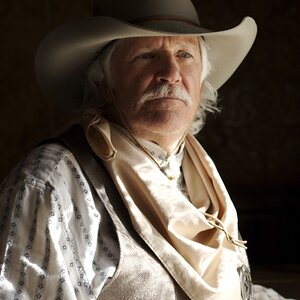
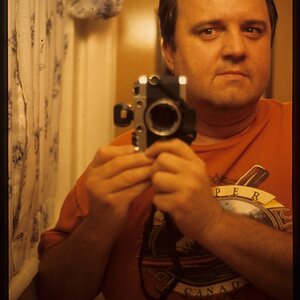
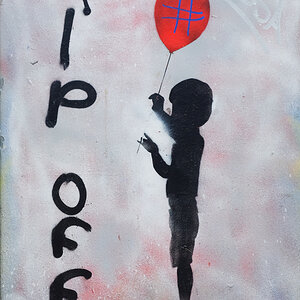
![[No title]](/data/xfmg/thumbnail/36/36396-f8e84def7352af726df923054b86284f.jpg?1619737549)